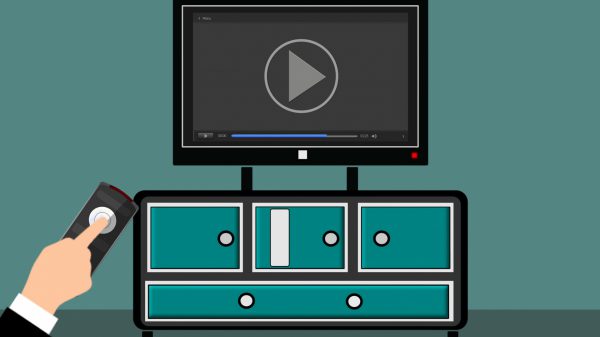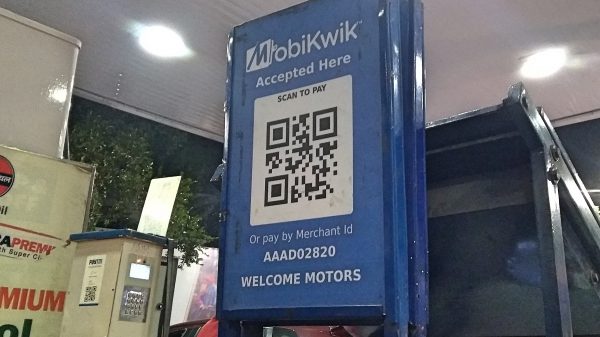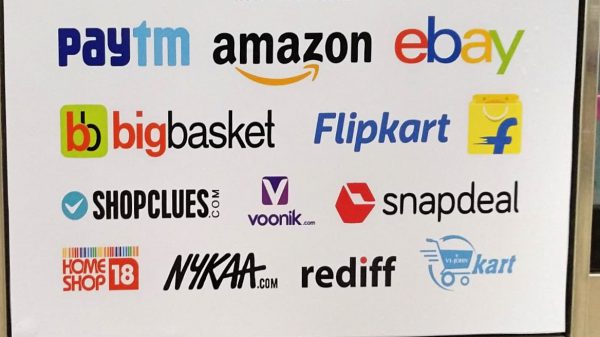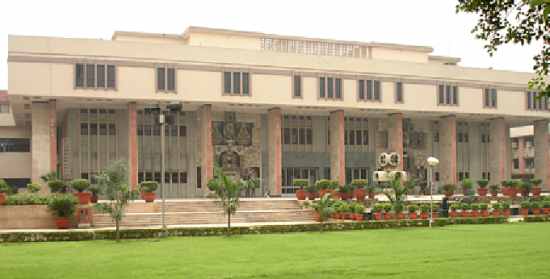The Information Technology Rules 2021 has the potential to fundamentally alter how digital news publishers operate and can undermine the freedom of press in the country, the Editors of Guild of India (EGI) said in a letter to the Prime Minister Narendra Modi. The apex body for editors in the country said that the new rules compromise the freedom of the press and therefore, has sought for the government to revoke the rules and facilitate meaningful consultations.
The EGI has sent two letters to the government, both dated March 6, 2020, expressing concerns regarding the new IT Rules and how it impacts digital news organisations and publishers. In the second letter, addressed to the Union Minister for Information and Broadcasting and the Union Minister for Electronics and Information Technology, EGI acknowledged the challenges posed by the digital age and the need for self-regulation, but stated that the new rules pose grave concerns.
“The most alarming aspect of these rules is the cumbersome three-tier structure to regulate digital media, with an “Inter-Departmental Committee” at the top, and excessive powers being given to a government officer to block, modify and delete content. Various other provisions in these rules can place unreasonable restrictions on digital news media, and consequently media at large. These rules have been brought in without due consultation with the stakeholders and deepen the worry that freedom of press in India is being seriously compromised”—Editors Guild of India letter dated March 6, 2021 to the Prime Minister
The EGI has requested that the government put the new rules in “abeyance and undertake meaningful consultation.”
For more context on how the IT Rules propose to regulate digital media and intermediaries, read our summaries on them — Digital news; intermediaries; OTT streaming services.
Concerns raised by the Editors Guild
The EGI believes that the new IT rules increase the role of the executive, since the government will create an oversight body at the top of the proposed grievance redressal and self-regulatory mechanism for digital media. This has not only implications for the Freedom of the Press, but also diminishes the role of the judiciary in adjudicating over matters concerning free speech and defamation, for example.
“We believe that the question whether any speech violates any law in force, or be bound to a Code of Ethics, or whether it should be evaluated in accordance with Article 19(2) of the Constitution, is a complicated question of not only facts but also of law. Therefore, any action on such speech should be taken only after adjudication by an independent judiciary, rather than the executive”—Editors Guild of India letter dated March 6, 2021 to the I&B and IT Ministry
1) Absolute decision-making power conferred upon the government: The EGI said that the proposed oversight mechanism, with a government-appointed Inter-departmental Committee at the highest level, is a reflection of excessive power. It will affect the “publishers’ Fundamental Right to Expression and the citizens’ right to access differing points of view, both guaranteed under Article 19(1)(a) of the Constitution,” it said.
The EGI has requested that the ministry withdraw this oversight mechanism and instead institute a more equitable self-regulatory mechanism. It said that the banning of any speech “should be taken only after adjudication by an independent judiciary, rather than the executive.”
2) Rules without parliamentary approval: The EGI argues that a delegated legislation must only implement the parent statue. The parent act, IT Act 2000, does not include any provisions to regulate digital news publishers. By bringing into the ambit of the new rules, the government has introduced a new regime without parliamentary approval, the EGI said.
It further said that that Section 87(2)(z) of the IT Act only allows the government to implement procedures to block information over the internet, not set up a grievance redressal mechanism. Additionally, Section 87(2)(zg) only allows the government to issue guidelines to intermediaries like ISPs, not publishers of news and current affairs, it said.
3) Lack of clarity on applicability: While Part III of the new rules applies to digital news media and publishers that operate or make their content available in India, the EGI said that this application is “overbroad” and puts onerous obligations on blogs, individuals reporting through social media, and nascent news organisations.
4) No stakeholders consulted: The apex editor body strongly condemned the fact that the government did not consult the relevant stakeholders before the rules were announced. Such a consultation ensures that all genuine concerns are addressed and is all the more critical because the government is for the first time regulating digital news media and OTT platforms, it said.
Legal arguments in the letter
- The rules do not make a distinction of news publishers like it does social media platforms, based on size, scale, reach, resources or readership, affecting small publishers disproportionately.
- As per the Government of India (Allocation of Business) Rules, 1961, the Ministry of Electronics and Information Technology is responsible for administering the IT Act 2000, but the government delegates administration of Part III to the Ministry of Information & Broadcasting.
- The three-tier oversight structure not only compels the publishers to excessively self-censure but also gives Level II and Level III regulators wide-ranging punitive powers that are regressive.
- Compelling publishers to respond to all complaints within 15 days poses a resource challenge and affects press freedom. It also forces the publisher to respond to “incomplete, ill-intentioned and even anonymous complaints” because the government does not specify the details the complainant has to furnish to lodge a complaint.
- The IT Act 2000 does not obligate publishers to appoint a grievance officer and even if publishers do appoint, it will not be possible to address every grievance within 15 days.
- The Level II layer in the oversight mechanism, although posed as self-regulation, is actually the first layer of government control because the Chairman should be a retired judge of the High Court or Supreme Court and the Ministry of Information and Broadcasting retains approval power over the composition of the body.
- The Level III government oversight layer is not contemplated under the IT Act 2000 and is detrimental to freedom of speech and expression guaranteed by the constitution. Furthermore, the body does not include any judicial member or experts from the media industry. EGI said that this is “regressive and draconian structure with excessive powers.”
- The government says it can exercise emergency blocking powers under Section 69A of the IT Act 2000, but EGI argued that this section does not contemplate the issuance of directions to publishers.
- The committee that is tasked with reviewing any government order is only required to meet once every two months. This does not provide a sufficient or efficient redressal for publishers. EGI has called for a meeting within a week of any government order.
- The rules require publishers to furnish their information with the government but do not provide any guidance on what information should be furnished. Furthermore, since this obligation is regardless of size, it will be burdensome to many small publishers.
- By mandating digital news media to comply with Norms of Journalistic Conduct of the Press Council of India under the Press Council Act, 1978 and Programme Code under section 5 of the Cable Television Networks Regulation) Act, 1995, the government has expanded the scope of those legislations.
Also read
- IT Rules 2021 enable govt to dictate digital news content: The Quint’s petition
- Petition Against IT Rules 2021: Grounds For Content Removal Too Broad, Unconstitutional
- Brief: Arguments made by LiveLaw in plea challenging Information Technology Rules 2021
- Brief: Arguments Made By LiveLaw In Plea Challenging Information Technology Rules 2021
- Can The Indian Government Use Section 69 Of IT Act To Censor Digital Media?
EGI letter to PM Narendra Modi | EGI letter to I&B Ministry and IT Ministry















